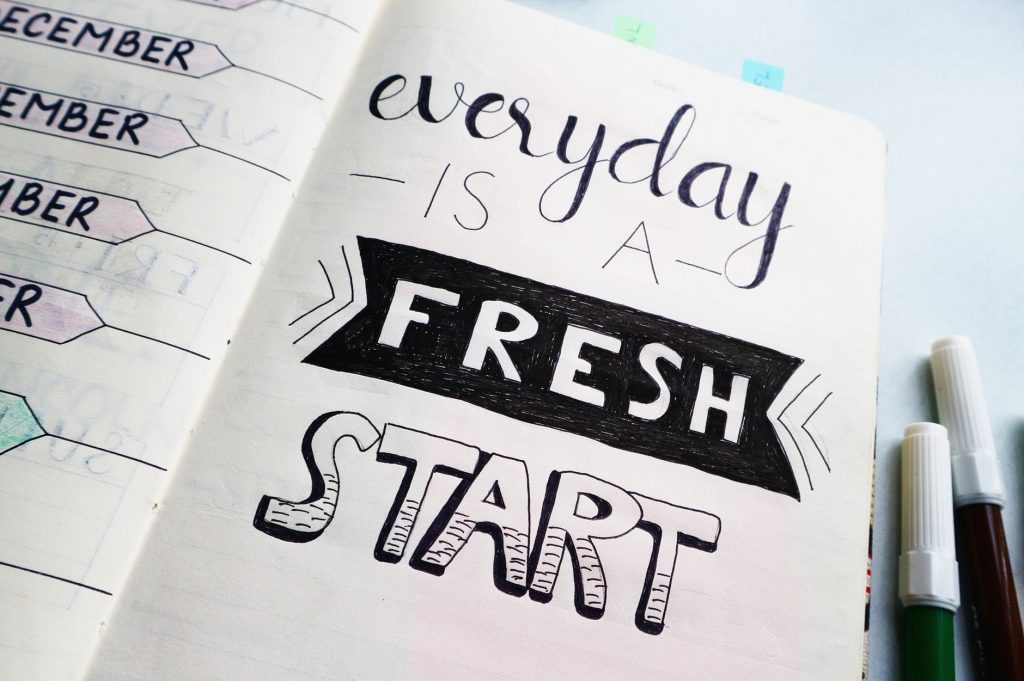Life is all about change. After all, nothing ever stays the same forever. Often, life changes can be fun and exciting. We are able to look forward to all the possibilities the future may bring, whether that’s exciting career opportunities, starting a family, or moving to a whole new place. At the same time, big changes, even when they’re something you want and are excited about, can also be absolutely terrifying.
It makes sense that an unexpected and unwelcome life change like losing your job of many years would sweep you up in emotions and leave you struggling to get through. Yet even happy moments are followed by large shockwaves through the rest of your daily routine can have an intense effect on the state of mental health. Whether you’ve suffered an injury with permanent damage or finally landed the dream job you’ve always wanted, change can be difficult. It may even influence mental health to the point of worsening anxiety and depression.
The Different Ways a Life Change Can Impact Mental Health

You might assume that a more unfortunate life change like losing someone you care about warrants less positive reactions, but that getting that dream job or marrying your best friend can only be met with excitement and happiness. However, the fact is that everyone reacts to changes in their lives differently. No matter if it’s something you’ve been working towards for years or an unexpected curveball, huge life-changing periods of your life can have a variety of impacts on your mental health, from having you riding on an emotional rollercoaster as you try to adjust to dealing with the stress that often accompanies change.
An Emotional Rollercoaster
Emotions do tend to accompany important events, but when it comes to one that completely changes your whole life, the emotional impact may go far beyond basic reactions. A wide range of emotions may each play their own role in the journey through an adjustment to change. You may experience confusion, guilt, anger, sadness, and relief, usually not in any sort of linear fashion.
Grief is heavily associated with times of loss, especially death. However, you may also just grieve what your life was before any time that a major change occurs. Though grief in a time in your life that should be filled with joy may surprise you, that doesn’t mean the emotions shouldn’t be felt and the grief fully experienced.
Of course, not everyone does take such emotional hits when things are changing. It’s perfectly normal to just be happy for achieving a new life situation or even take more unwelcome changes in stride. Everyone’s mental health situation is different and brings on distinct reactions to life events.
Stress and Anxiety
Most people experience some degree of stress when handling changes of any sort. These are times when there’s often a lot to do, a lot to think about, and a lot of things to worry about. Humans are adaptable. We can learn to adjust to changes and new ways of life. In most cases, stress and the anxiety that may accompany it subside when the transitional period is over.
If your feelings of anxiety persist, this may indicate that you’re dealing with an anxiety disorder. Facing big changes in your life can certainly complicate a mental health situation involving anxiety. It can take additional measures to handle the anxiety in a healthy manner.
Coping with Change

Each person’s unique mental health situation determines the best way for that specific person to take care of themselves through times of change. It is important that you don’t let your mental health suffer as a result of change. Finding your own way to cope can keep your mental health in a good spot, whatever else changes.
One thing you may consider is focusing on what things do still stay the same. We can often get so wrapped up in what’s changing, when it’s all the change that scares us. You might minimize the feelings that a change is drastic by instituting a part of your routine that will remain unchanged through everything else.
A routine itself can really help as you adjust to changes that occur in your life. Determine which of your routine tasks and activities can stay the same and which will have to be reconsidered, establish your plan for every morning, and create checklists for your daily goals. Doing so will allow you to find some stability when everything seems to be changing. Following a routine also helps to ensure that self-care tasks such as proper meal times, scheduled exercise sessions, and mental breaks are being taken care of.
Help Getting Through Major Life Changes

Finding ways to cope with change within the specifics of your unique mental health situation is essential. Sometimes, you just can’t do it alone. If you find yourself struggling in the aftermath of a huge life change, don’t be afraid to reach out. Friends and family are great places to look for support through a major change.
A mental health professional is your best option for guidance in times of change. They can help you develop an individualized plan, specific to your unique mental health situation. One place you can look is the ADHD Wellness Center. We specialize in ADHD but have support and resources available for a variety of mental health conditions. Talking to a therapist here can help you find your personal path through change. Feel free to reach out to the professionals at the ADHD Wellness Center.
How to Get an Official ADHD Diagnosis

Almost five percent of Americans have ADHD, with numbers varying…


